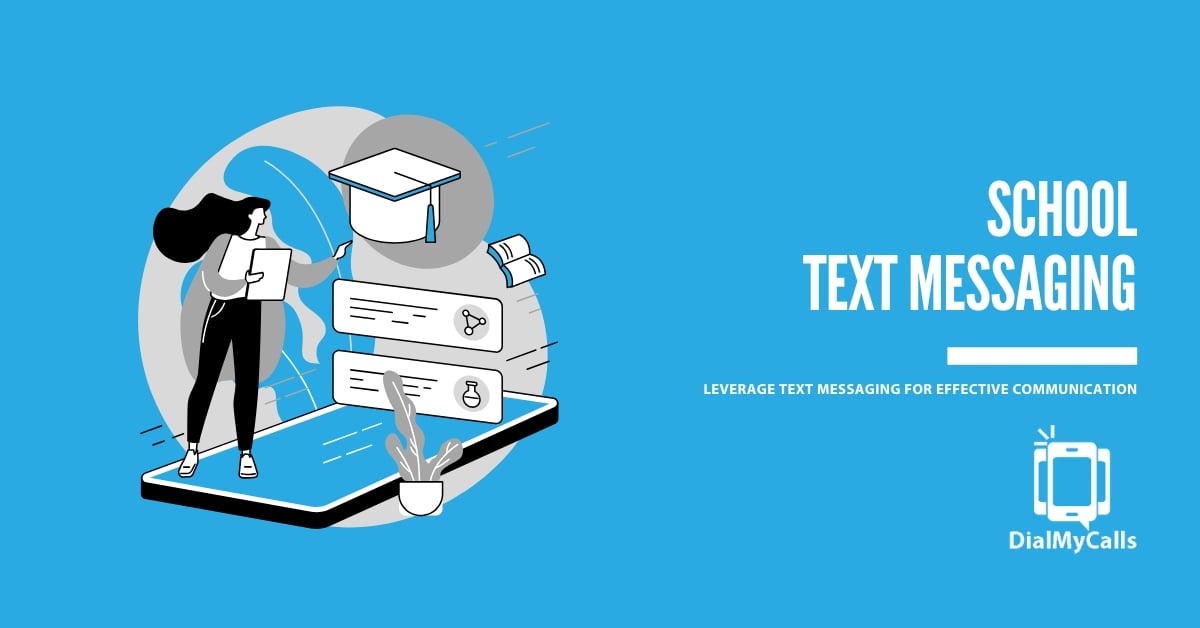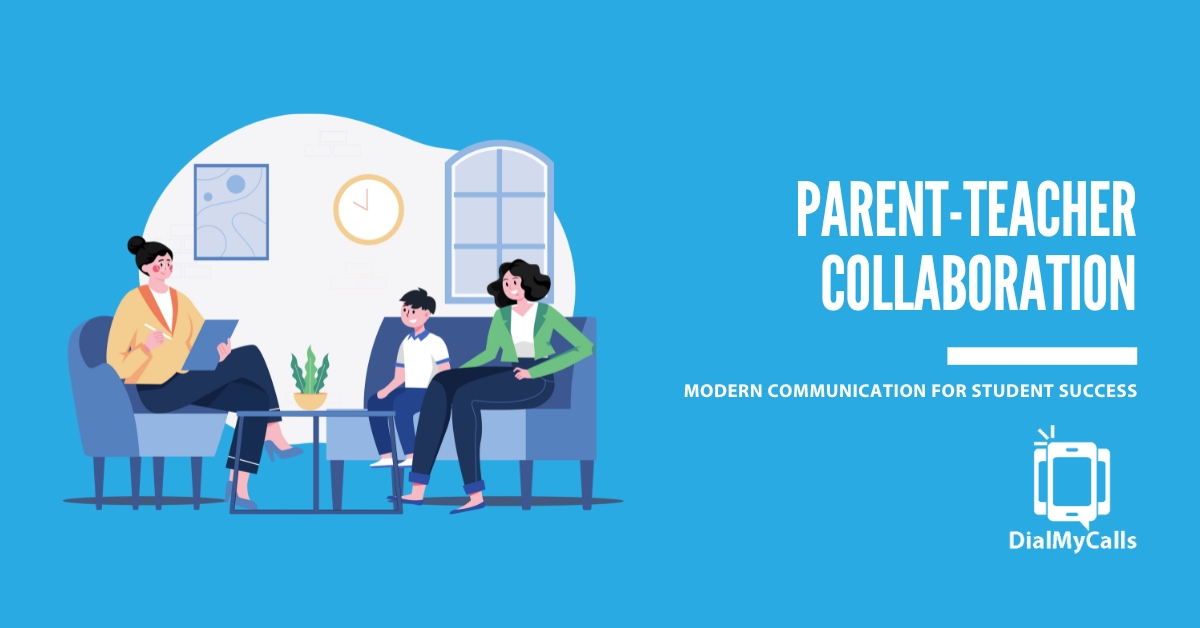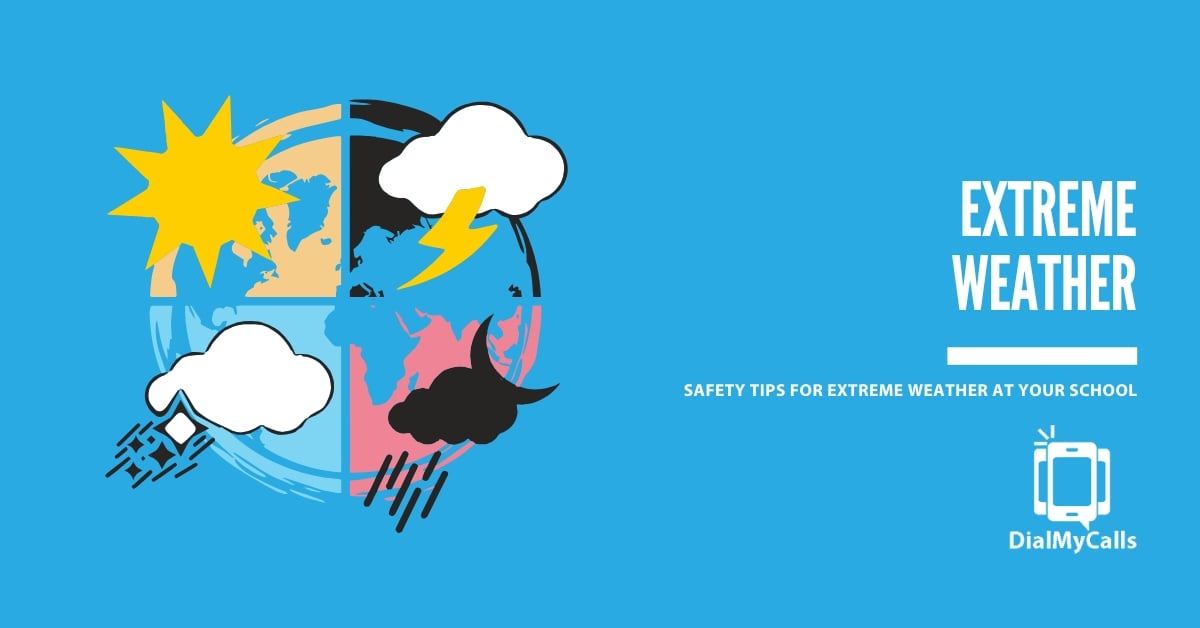Author
Tim Smith is the Media Manager at DialMyCalls, where he has leveraged his expertise in telecommunications, SaaS, SEO optimization, technical writing, and mass communication systems since 2011. Tim is a seasoned professional with over 12 years at DialMyCalls and 15+ years of online writing experience.
Try Using DialMyCalls Right Now
Start For FreeRecent Posts
- 10 Proven Tips To Rapidly Grow Your SMS Subscriber List
- SMS Marketing Metrics: How to Measure and Improve Your Text Campaign’s Success
- What are SMS Carrier Fees and How to Lower Your Costs
- 8 Creative SMS Marketing Ideas to Boost Engagement This Summer
- 15 Ways to Use QR Codes For Event Promotion & Attendee Engagement
Categories
“I am a youth minister and have spent hours in the past calling students individually to remind them of an upcoming event or to get out an urgent announcement. With DialMyCalls.com, I cut that time down to about 1 minute. I also love how I can see exactly who answered live and how long they listened so I know if they heard the whole message. DialMyCalls.com is the best website I have stumbled upon all year! Thanks!”
Central Baptist Church
Try Using DialMyCalls Right Now
Start For FreePlanning an Effective Field Trip – Your Step-By-Step Guide
Posted by Tim Smith in Schools on September 24, 2018
Updated on September 4, 2024

If you’re a newer teacher, planning a field trip can be intimidating. Field trips are a great time for you and your students – but they require a lot of planning, often months in advance! If you want to plan a field trip, you may not know where to start.
That’s why we’re here with this helpful, step-by-step guide. Note, however, that steps you’ll need to take may vary based on your school and their policies – so you should just use this as a general guide, and ensure that you follow all of the proper procedures outlined by your administrators.

1. Decide on a Destination
First things first, you’ll need to decide where you’re going (and why)! For example, if you’re teaching a history class, you may want to visit a historic village or a similar site. Teaching biology? Perhaps a visit to a state park for a hike (and bird watching) is in order.
If you don’t have any great ideas, try asking your colleagues – or even your students – for suggestions. You’re sure to get some good ideas.

2. Ask Your Administrator
You’ll need to ask your principal or other administrator for permission, so make sure that you do so, and follow their instructions and restrictions when arranging your field trip, and fill out all the proper request forms.
3. Arrange Transportation
Transportation is an important part of a field trip. Typically, you’ll be taking a school bus to your destination. This is usually the cheapest and easiest way to get to a particular destination, so make sure you fill out all the forms needed to request a bus, so the transportation staff at your school can arrange things.
Text Messaging for Schools
Keep Students & Parents Fully Informed
However, in some cases, you may be able to take staff vehicles, or have parents volunteer as drivers and chaperones. Think about what makes the most sense for you!
4. Decide on a Food Plan
If there is an on-site cafeteria where you’re going, make sure kids bring money for food. Alternatively, have them pack their own lunches. You may want to have some extra food on-hand in case one of your students forgets lunch – or else you’ll have a cranky student (or a few) on your hands!
5. Plan Your Schedule for the Day
Once you’ve decided where you’re going, how you’re getting there, and other basic logistics, it’s time to plan your schedule.
- When do kids need to arrive at the school?
- When are you departing? When are you coming back?
- What activities will you be doing? For how long?
- Will there be any recreation or “free” time?
- Do you need to bring any toys, tools, or other supplies?
Do your best to schedule everything perfectly, with few gaps, and avoid unexpected “surprises”.
6. Arrange Supervision and Volunteers
For older students who are well-behaved and responsible, you may not need any extra supervision. However, younger kids may need more supervision, so check with your administrator to bring a teacher’s aide (or two) along. You could also ask for parents to volunteer as chaperones.
As a rule, you’ll want one adult for every 10 kids. Again, this may depend on their age, maturity, and behavior.
7. Create a Permission Slip
Now that you’ve planned out the basics of your trip, it’s time to create a permission slip! You’ll need to get permission from the parents of your students, so that they can go on the trip. A basic permission slip consists of two parts.
The top part of the permission slip consists of information including:
- Where you’re going
- The purpose of the trip, including the connection to your curriculum
- A basic schedule (when you’re going, departure/pickup times)
- Contact information for you, the school, and any other relevant staff members
- Information about what students need to wear, and bring (including money, if applicable and necessary)
- Food arrangements and information
- Transportation arrangements
- A date by which the permission slip must be received, for the child to go on the trip
The second part of the letter simply consists of a form where the parent or guardian can sign and date the slip, and give their permission.
Remind your students to bring back their forms. You don’t want them to be left behind while the rest of you go out and make a day of it!
8. Decide Who’s Allowed to Go
You may want to make the trip an incentive – for example, require good behavior from your students for a week before the trip. If you do this, you’ll need to make arrangements for kids who are not allowed to attend, such as a study hall, or a trip to the library, as well as adult supervision.
9. Tie the Trip into Your Curriculum
It’s a good idea to have curriculum lessons that are directly related to your field trip, in the days leading up to it! For example, you could have your students do some background reading on the place you’re visiting, and create in-class activities that will tie in with the trip.
10. Have a Communication Plan in Place
Before you leave, you should have a plan to communicate with adults and parents of your students in case something goes wrong – if weather delays the trip, if your bus gets a flat tire, if a student gets sick or has an allergic reaction, and so forth.
A great way to do this is with DialMyCalls. Using DialMyCalls, you can contact the parents of every student on the trip immediately via SMS text messaging if there is an emergency.
DialMyCalls is also useful for reminding parents about the trip, and the need to sign permission slips. You can send automated phone calls and SMS text message reminders, to ensure that parents stay informed through every step of the process.
Follow This Guide – And Plan the Best Field Trip Ever!
Planning a field trip takes quite a bit of time and effort, but it’s worth it. So if you’re a new teacher and planning your first trip, follow this guide – and you’re sure to plan a great trip that your students will remember for years to come!
School Communication That Actually Works
From Classroom Reminders to Snow-Day Cancellations, Keep Everyone in The Loop










